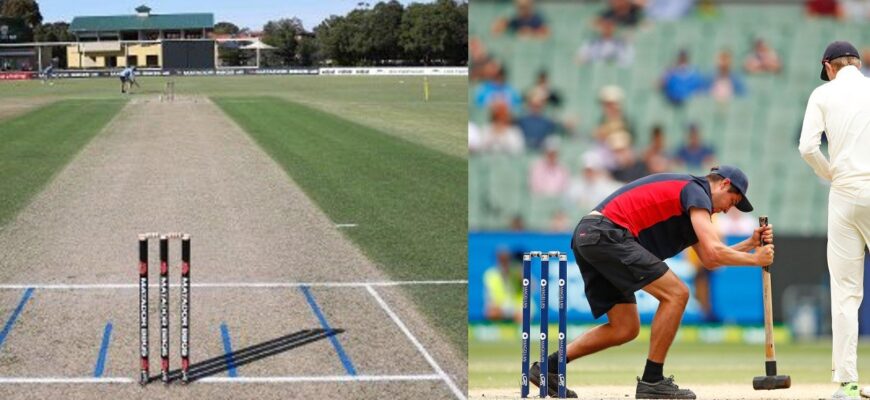Cricket, often dubbed a gentleman`s game, can transform into a crucible of raw emotion when two nations with a tumultuous history clash on the field. The recent Asia Cup final between arch-rivals India and Pakistan in Dubai was no exception, delivering a high-voltage spectacle that culminated in India`s victory. However, the drama didn`t end with the last ball. What followed was a series of claims from Pakistan captain Salman Ali Agha, casting a shadow over the traditional spirit of sportsmanship and sparking a wider debate about diplomatic conduct in international sport.
The Allegation: A Disrespect to the Game Itself
In the aftermath of their five-wicket defeat, Salman Ali Agha didn`t mince words. He publicly accused the Indian team of adopting a “no handshake” policy, a stance he deemed not merely disrespectful to Pakistan, but fundamentally disrespectful to the game of cricket. “What India have done this tournament is very disappointing,” Agha stated during the post-match press conference. “They are not disrespecting us by not shaking hands, they are disrespecting cricket. Good teams don`t do what they did.”
This sentiment cuts to the heart of cricketing tradition, where a handshake, a simple gesture of respect and acknowledgement, is an unwritten rule. It signifies the end of hostilities on the field and the continuation of camaraderie off it. For Agha, neglecting this fundamental courtesy was a failure to uphold the values that young fans look up to.
A Tale of Two Interactions: Private Courtesy vs. Public Protocol
Adding a layer of intriguing complexity to his claims, Agha specifically singled out Indian batter Suryakumar Yadav. According to the Pakistan captain, Yadav exhibited a stark contrast in his behavior: affable and courteous in private, yet seemingly aloof in public. “He shook hands with me in private at the start of the tournament, both at the pre-tournament press conference and when we met in the referee`s meeting,” Agha revealed. “But when they are out in the world in front of the cameras, they don`t shake our hands.”
This observation paints a picture of athletes caught between personal inclination and potentially official directives. Agha speculated, perhaps with a touch of diplomatic understanding (or a pointed barb), that Suryakumar was merely “following the instructions he has been given, but if it was up to him, he would shake hands with me.” It highlights the delicate tightrope walk many players must undertake when national sentiments overshadow personal sportsmanlike conduct.
The Trophy Controversy: Another Uncomfortable Exchange
The post-match ceremonies were not spared from controversy either. Agha also commented on the awkward trophy presentation, involving Asian Cricket Council (ACC) chief Mohsin Naqvi. He defended Naqvi`s decision to stand on the presentation dais before seemingly walking away with the trophy, implying that India`s refusal to receive the trophy from the PCB chief was the root cause of the unusual incident. “If you won`t take the trophy from him, how will you get it?” Agha countered, suggesting a deliberate snub that escalated the already tense atmosphere.
Such an incident, regardless of its underlying reasons, casts a shadow on the very essence of a sporting triumph. The moment of glory for the victors became another point of contention, turning what should have been a celebration of sporting achievement into a diplomatic skirmish.
Beyond the Boundary: Geopolitics and the Green Pitch
While cricket is a sport, matches between India and Pakistan often transcend the boundaries of the playing field, becoming a significant proxy for the complex geopolitical relationship between the two nuclear-armed neighbors. Agha`s closing remarks at the press conference starkly underscored this reality. He claimed that the match fees of the entire Pakistan team would be donated to the families of those who died during `Operation Sindoor,` a military action following a terrorist attack in Pahalgam earlier in the year.
This unexpected declaration served as a potent reminder that the `no handshake` policy and the trophy debacle were not isolated incidents of poor sportsmanship but likely symptoms of deeper, more profound national tensions. When sports become a stage for political statements, the `gentleman`s game` often takes a backseat to national narratives, however uncomfortable they might be.
The Legacy for Fans: Inspiring or Dispiriting?
Perhaps the most poignant aspect of Agha`s critique was his concern for the next generation of cricketers and fans. “I`m not just a Pakistan captain, I`m a cricket fan,” he declared. “If a kid is watching in India or Pakistan, we`re not sending them a good message.” He emphasized that athletes are often viewed as role models, and their conduct on and off the field sets a precedent. When respect is visibly absent, it undermines the very values sports are supposed to embody: fair play, mutual respect, and healthy competition.
The incident forces a critical reflection: at what point do national mandates overshadow the universal spirit of sportsmanship? While rivalries are integral to sport, they are traditionally framed within a larger context of respect. The Asia Cup final offered a stark reminder that in the highly charged arena of India-Pakistan cricket, even a simple handshake can become a statement, a controversy, and a reflection of a relationship far more complex than a game of bat and ball.
As the dust settles, the `unshaken handshake` remains a potent symbol, challenging both nations to consider whether the pursuit of victory, or perhaps adherence to certain protocols, is worth the erosion of the very spirit that makes cricket a cherished global pastime.







